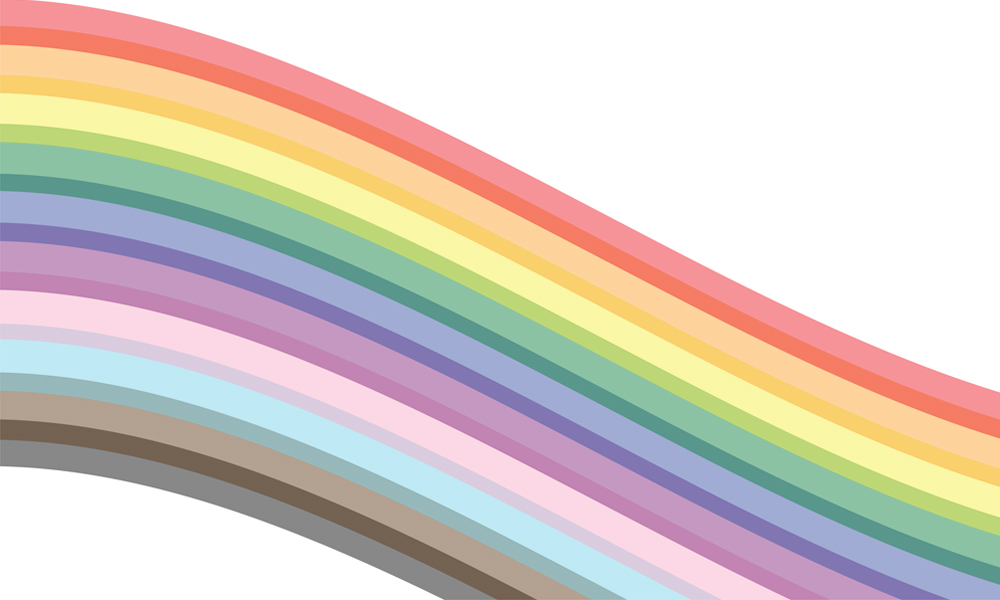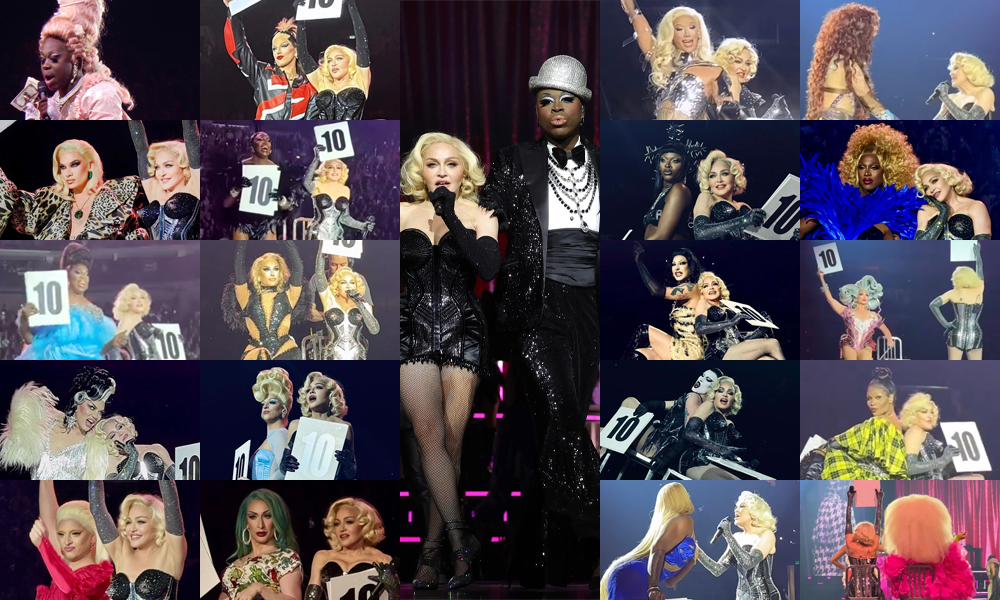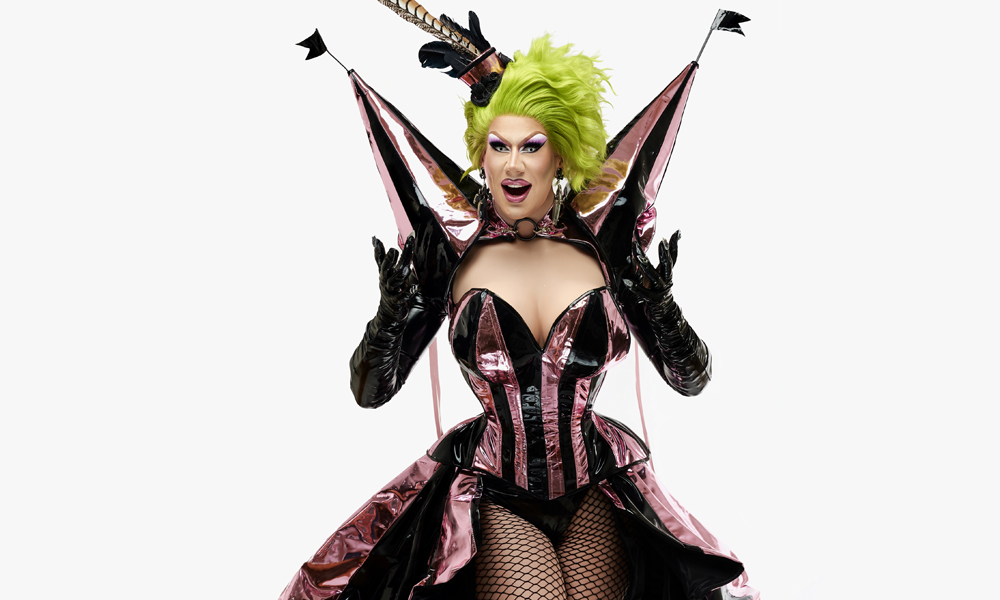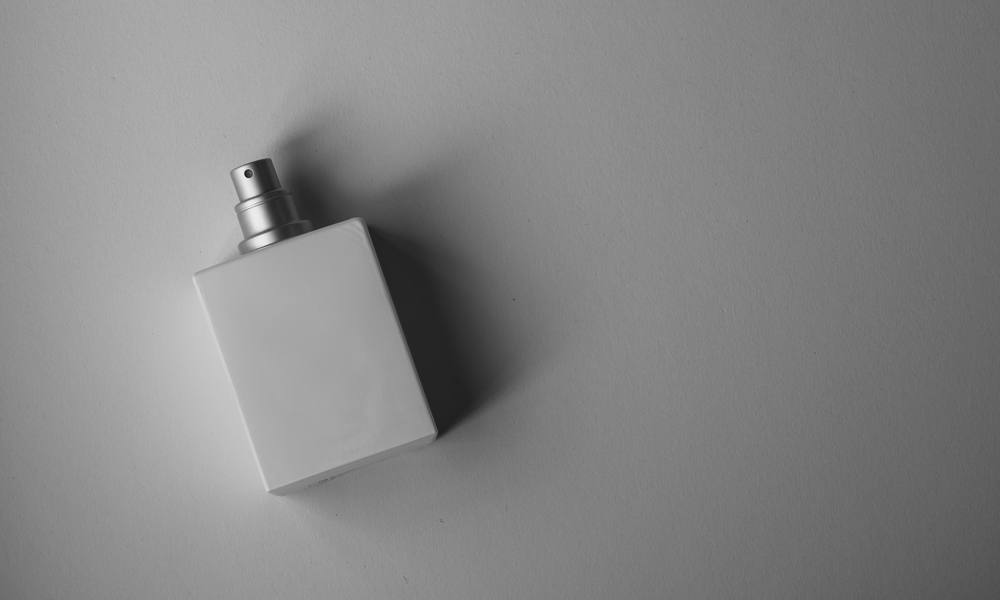Let’s take a minute and evaluate our sense of “hope”…
By Paul Gallant
The word “pride” is usually defined along the lines of “a feeling or deep pleasure or satisfaction derived from one’s achievements.” That makes it a fundamentally reflective emotion. But the celebration of Pride is also closely tied to feelings of hope, from the shallowest sense – I hope the weather’s good, I hope I’ll have a good time, I hope I’ll get laid – to a deeper hope for one’s self, for friends and family, for community and LGBT people across the planet. Parades, street festivals, arts events are certainly fun, sometimes pure hedonism – but they’re also colourful way posts connecting past accomplishments to unrealized aspirations. Sappy as it sounds, to celebrate Pride is to be on a journey of hope.
To evaluate a person’s sense of hope, psychologists often use a scale invented in the early 1990s by US psychologist Charles Richard Snyder. It’s a list of yes or no questions designed to tap into a patient’s sense of optimism. What if we were to apply that scale to Pride?
I can think of many ways to get out of a jam
Yes. You want an example? In 2003, with Pride Toronto’s budget in deficit, the US economy in decline and Toronto best known for being the North American epicentre of the SARS epidemic – that is, a place to avoid at all costs – Pride organizers persuaded government to cough up more cash and hiked parade fees to make the festival happen. A lot of that money went into marketing to make sure the beer gardens were busy…and they were.
I energetically pursue my goals
Excuse me? Energetic is a bit of an understatement, don’t you think? Look at the work going into the costumes, the work in those buff bodies. Think of the tempers that have flared through the years over Queers Against Israeli Apartheid – or the police, or the nudists – marching in the Toronto parade. Over Pride leadership. Over politicians not wanting to march…or wanting to march. Energy? Oh, honey. Check and check.
There are lots of ways around any problem
LGBT people have been thrown out of their homes, had their children taken away from them, lost their jobs, been assaulted and neglected. But we’ve always found ways to create families of choice, to recognize our relationships when others haven’t, to invent our own opportunities, to imagine and build our own communities. We live in a world that’s riskier than the world that straight people live in, and so we’ve become adept at managing risk.
I can think of many ways to get the things in life that are important to me
Going back in history, LGBT people have been able to find each other, partly as a means of finding ourselves. Even before the community established beachheads like bars, bathhouses, websites and apps, you could look for revealing taste in music (“Oh, I love Judy Garland, too”) or style (“Why does she keep her hair cut so short?”), a washroom or a park with a certain reputation, certain professions (interior design, anyone?) or a certain way of talking (the gay “accent” with its penchant for upspeak and a pronounced “s”). Bullies, including parents, churches and governments, have tried to erase these tells over centuries but have been extraordinarily unsuccessful.
Even when others get discouraged, I know I can find a way to solve the problem
When the HIV/AIDS crisis hit in the early 1980s, gay men were being demonized as they were getting sick and dying. For several years, the cause of the disease was unknown, and the establishment was uninterested in investigating it, never mind finding a cure. An entire generation was decimated, the survivors left traumatized. But the crisis brought us together, gay men and lesbians in particular. It nurtured empathy and fellowship, all the while teaching us the impressive lobbying and PR skills we’ve been effectively deploying ever since.
My past experiences have prepared me well for my future
Even LGBT people who haven’t experienced outright abuse have been made, at various times of their lives, to feel conscious and singled out, “different” from straight people. That can lead to increased self-consciousness and anxiety, leaving us feeling like we have to justify our identities and desires. But working through these feelings can make us more self-aware about our needs and what we bring to the table. Though some of us come out of dark periods of our lives wanting to selfishly pretend that discrimination and hate don’t exist anymore, those experiences have made many of us more compassionate and empathetic, more able to see our own struggles in the struggles of others, more willing to help.
I’ve been pretty successful in life
Has there been a social movement in Canada that’s been so successful so quickly? From the 1981 bathhouse raids (the second-largest mass arrest in Canadian history, after the October Crisis of 1970) to high-profile openly gay leaders and celebrities kicking ass and taking names, we’ve come a long way. In Canada, anyway, homophobia has proven to be a less resilient social ill than, say, racism and misogyny. In fact, racism and misogyny seem very effective at giving homophobia and transphobia shelter, which explains the frustration many activists have that LGBT institutions have not been as inclusive and representative as they could be. In entertainment, we’ve broken so much ground – from Ellen DeGeneres coming out in 1997 to the wild mainstream popularity of Schitt’s Creek, from the self-hating The Boys in the Band to the self-affirming Moonlight–that it’s become strange to see a prestige TV show without a queer character.
I meet the goals that I set for myself
One of the strange things about achieving social progress is that it’s not like climbing a mountain or winning RuPaul’s Drag Race: the goalposts are always moving. In the 1990s, same-sex marriage seemed impossible; by 2005, it was a done deal in this country, one done so definitively that no mainstream political leader has dared even threaten to reverse it. Gold star for us; here’s the cheque, wedding planners! In politics, you can flip a switch. But problems like youth homelessness, bullying to suicide, drug addiction and HIV/AIDS can’t be eradicated with a single court decision or vote. They take money, teamwork and creativity. Our community certainly has lots of creativity, but we’re so-so at teamwork (there’s no shortage of divas). That’s when a healthy dose of fabulousness – and strategically deployed good manners – comes in handy. We can be better. And we have the power to do so.
—
PAUL GALLANT is a Toronto-based writer and editor who writes about travel, innovation, city building, social issues (particularly LGBT issues) and business for a variety of national and international publications. He’s done time as lead editor at the loop magazine in Vancouver as well as Xtra and fab in Toronto.







POST A COMMENT